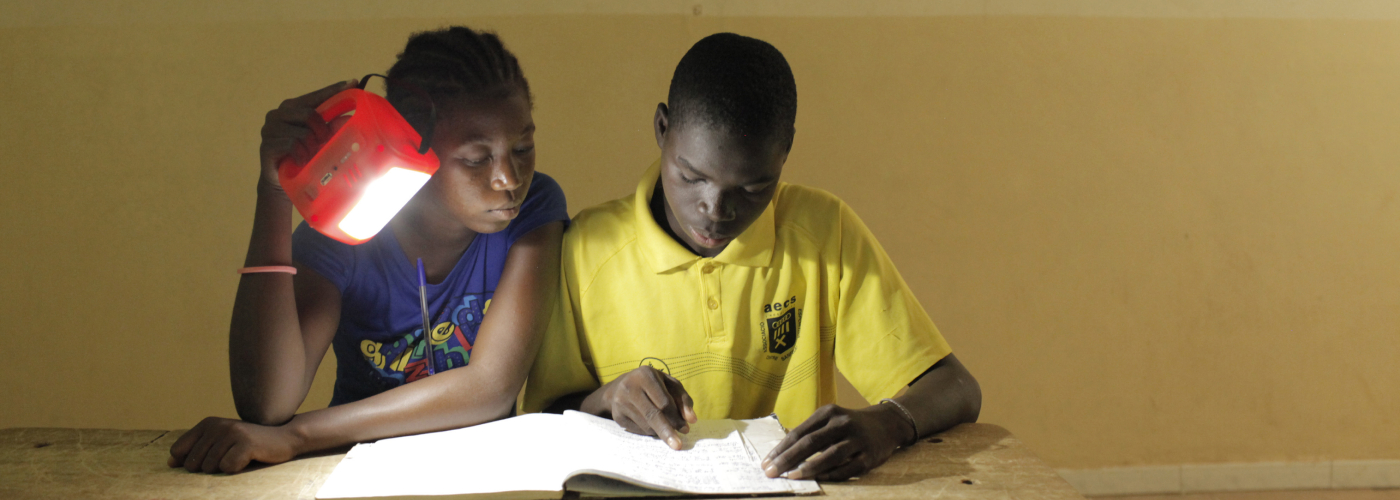Practice has demonstrated that fully integrating women as key stakeholders in the design, use, distribution and maintenance of renewable energy technologies remains a challenge for energy planners. As a result, women are often a disadvantaged group whose energy needs are not adequately addressed. For this reason, these Guidelines focus primarily on renewable energy technologies (RETs) for women. The first step towards ensuring women’s participation in renewable energy projects and policies is to empower them by providing them with knowledge about available technologies and the potential benefits or constraints they may bring to their lives. The Guidelines on renewable energy technologies for women in rural and informal urban areas, seek to inform women as key actors about the different potential uses of renewable energies in many areas of their daily lives. Along with hands-on guidance on how to assess available renewable energy technologies, these Guidelines are intended to support women in their efforts to choose renewable energy technologies appropriate to their particular situations.







